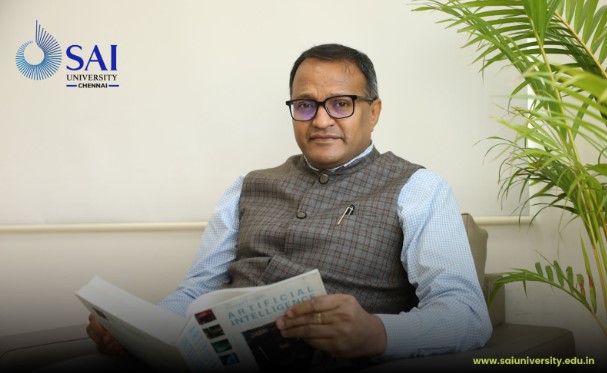
Boris Johnson, the UK’s new prime Minister, was elected on 24 July 2019. He promised to “defy the doubters and the doomsters as well as the gloomsters”, by concluding Brexit with a deal.
Boris Johnson believes that the rules don’t apply to him throughout his political and personal life. It seems that nothing has changed as Boris Johnson marks his second anniversary of being prime minister.
This was the first time Eton masters made this claim. The view was reinforced by his attempt to avoid self-isolation after coming in contact with COVID-positive Sajid Javid.
Johnson was forced to make a humiliating U turn and is now spending his second anniversary at Chequers as PM isolating. Johnson has no friends, family members or political cronies to celebrate his second anniversary. Or so we’re told. However, it is possible to be isolated in worse places than the Chilterns’ 16th-century grace and favour house, which covers 1,500 acres and has a swimming pool and tennis court.
The PM has plenty of time to reflect on the turbulent two years, even considering his rollercoaster life. He had a second divorce, a third marriage and another child, as well as narrowly avoiding death from COVID. He’s also imposed three English national lockdowns, held 57 coronavirus information conferences in Downing Street, and introduced many draconian rules, restrictions, and rules that have placed him in conflict with Tory MPs, and triggered several major backbench rebellions.
This was after a Brexit war, in which he illegally shut down parliament, expelled 21 rebel Conservative MPs and won the Tories’ largest election victory since Margaret Thatcher’s 1987 victory. He also fulfilled his promise to “get Brexit done”. He has been fired twice in the past two years, fired Dominic Cummings and broken an overseas aid pledge made by Tory MPs. He is also accused of violating an international trade treaty and breaking his own Brexit agreement on Northern Ireland.
After his near-death experience, he became a fitness maniac, declaring in a speech last January “My friends. I was too fat.” He then embarked on a rigorous exercise regimen that included early morning runs through London parks together with his Jack Russell cross Dilyn.
Temporarily, he even became a football fan during Euros. He wore his England shirt over his tie and shirt at Wembley, a display that was branded a fashion crime.
It was only two years ago that Johnson, on the 24th of July 2019, entered 10 Downing Street and promised to show “doubters and doomsters” wrong about Brexit. He also pledged to “fix the crisis of social care once for all”.
We’re still waiting for social care two years later, with the PM arguing with Rishi Sunak about how to pay for it, and a blueprint that was promised earlier this week being postponed until autumn.
There was no Commons majority in summer 2019, so Mr Johnson proroguened parliament to drag the Queen into Brexit row. This move was later declared illegal by the Supreme Court.
The PM was resigned in February after Mr Cummings instructed him to fire his advisers. Mr Johnson had been divorced for 11 days and announced that he was engaged to Carrie Symonds.
What could go wrong? It turned out that almost everything was possible.











